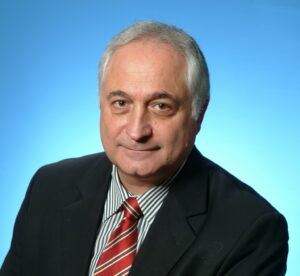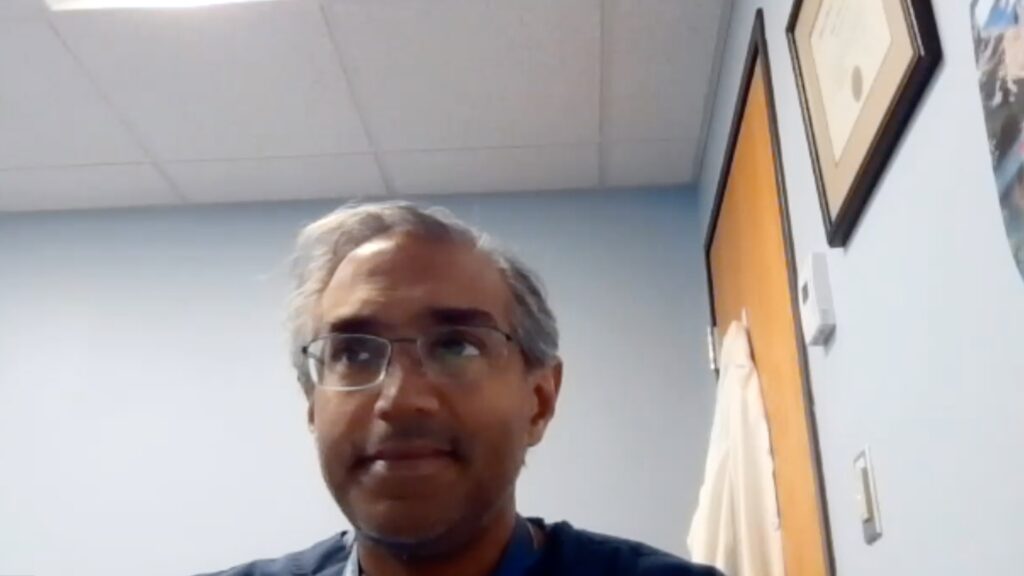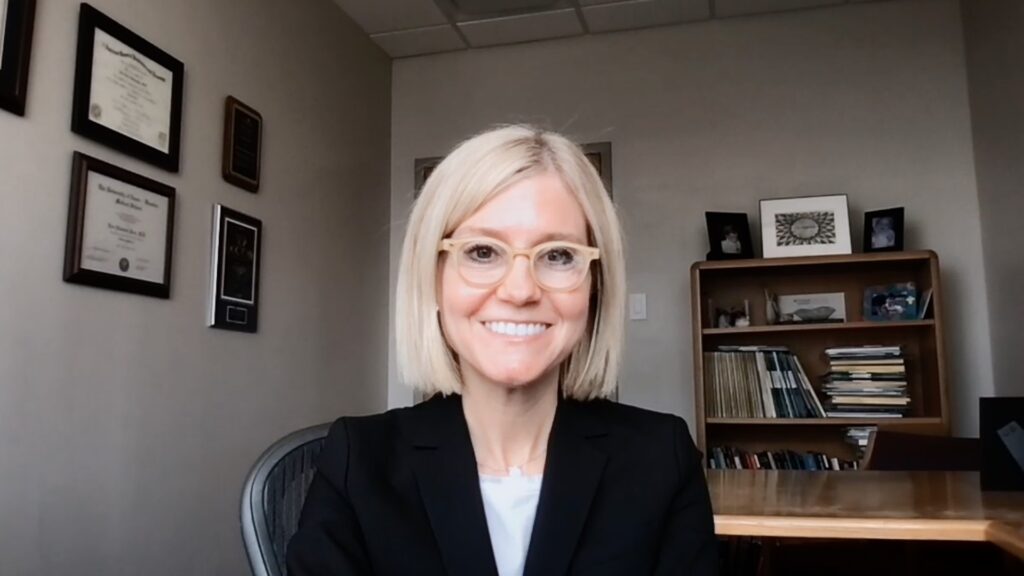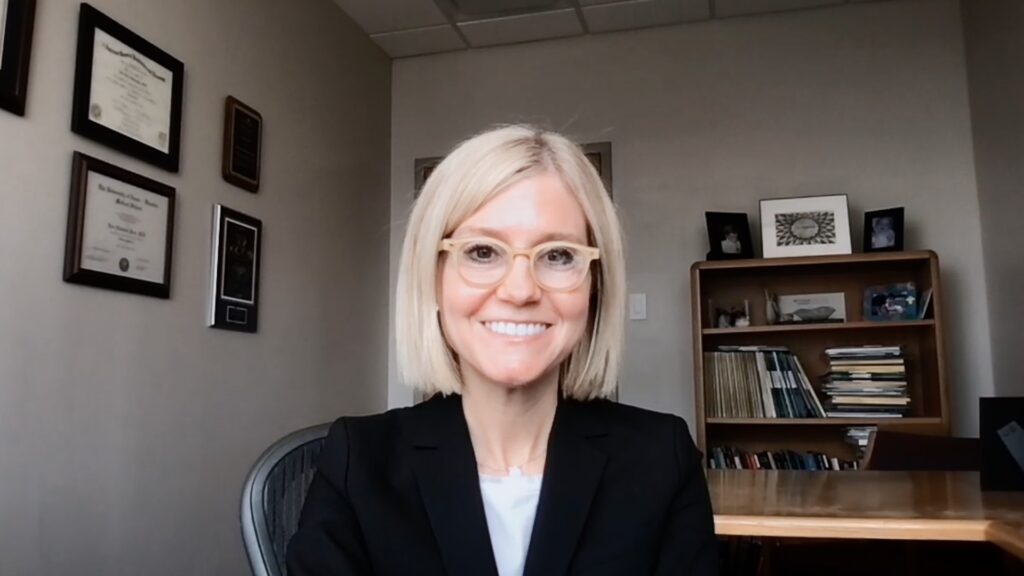In this next Q&A we welcome Prof. Dr Murat Emre. Prof. Emre studied medicine in Istanbul University and specialized in neurology in Zurich University Hospital in Zurich, Switzerland. After his training he did fellowships in movement disorders in Queen Square Hospital London and in behavioural neurology in Beth Israel Hospital, Harvard Medical School in Boston, he also worked in clinical research to develop new drugs for Parkinson’s disease and Azlheimer disease. Upon his return to Turkey he founded the Movement Disorders and behavioural Neurology Unit in the Department of Neurology, İstanbul Faculty of Medicine. His main areas of interest are Parkinson!’s disease, in particular cognitive aspects/dementia and Alzheimer disease.
We asked Prof. Emre about his career motivations, advice for up-and-coming neurologists and his predictions for the future of neurodegenerative disorders.
 What motivated or inspired you to specialise in Parkinson’s disease and dementia?
What motivated or inspired you to specialise in Parkinson’s disease and dementia?
My main motivation to specialize in Neurology was to try to understand how the brain works. The brain has two main functions: movement and mental functions. The prototypical disease of movement function is Parkinson’s disease and that of mental functions is Alzheimer disease. One indirect but rational way to understand normal function is understanding the mechanisms of malfunction. This as well as the frequency and personal, societal burden of these two diseases was my main reason in choosing Parkinson’s disease and Alzheimer disease as my main fields of interest.
Do you have any advice for young, aspiring neurologists?
Several: try to sub-specialize, as those who excel clinically or in research are often the ones who focus and deepen their expertise in a specific subject or method. After completing your neurology training, seek opportunities elsewhere, even if just for a period of time—don’t spend your entire career at the same institution. It’s important to be exposed to different approaches. Pursue a fellowship, find a mentor—or even better, multiple mentors—and learn from the experience of your seniors and peers. Knowledge accumulates through transfer.
Be curious; always ask questions and never take anything for granted. Don’t hesitate to ask about things you don’t know or understand—it may be too late to ask in the future. Follow your ideas; if you believe you have a good one, don’t let others discourage you. However, remain critical and always question yourself and your findings. Convince yourself first, and then others. Engage in some research, even in the lab, as it will help you better understand the research papers you read, even if you don’t plan to become a researcher.
What is your prediction for where your subspecialty will be 10 years from now?
Populations are aging, and as a result, neurodegenerative disorders affecting the elderly are expected to increase in frequency and significance. Advances in genetics, molecular biology, and technology will likely enhance our understanding of disease mechanisms, particularly the reasons for individual and genotypic-phenotypic variations and endo-phenotypes. Developments in information technology, including artificial intelligence, may contribute to earlier and more accurate diagnoses, as well as improved therapy selection. We are likely to see more individualized and precision medicine in treatment. Immune-based therapies, such as monoclonal antibodies and vaccines, may become more established and effective in treating neurodegenerative diseases.
Support: No funding was received in the publication of this short article.









